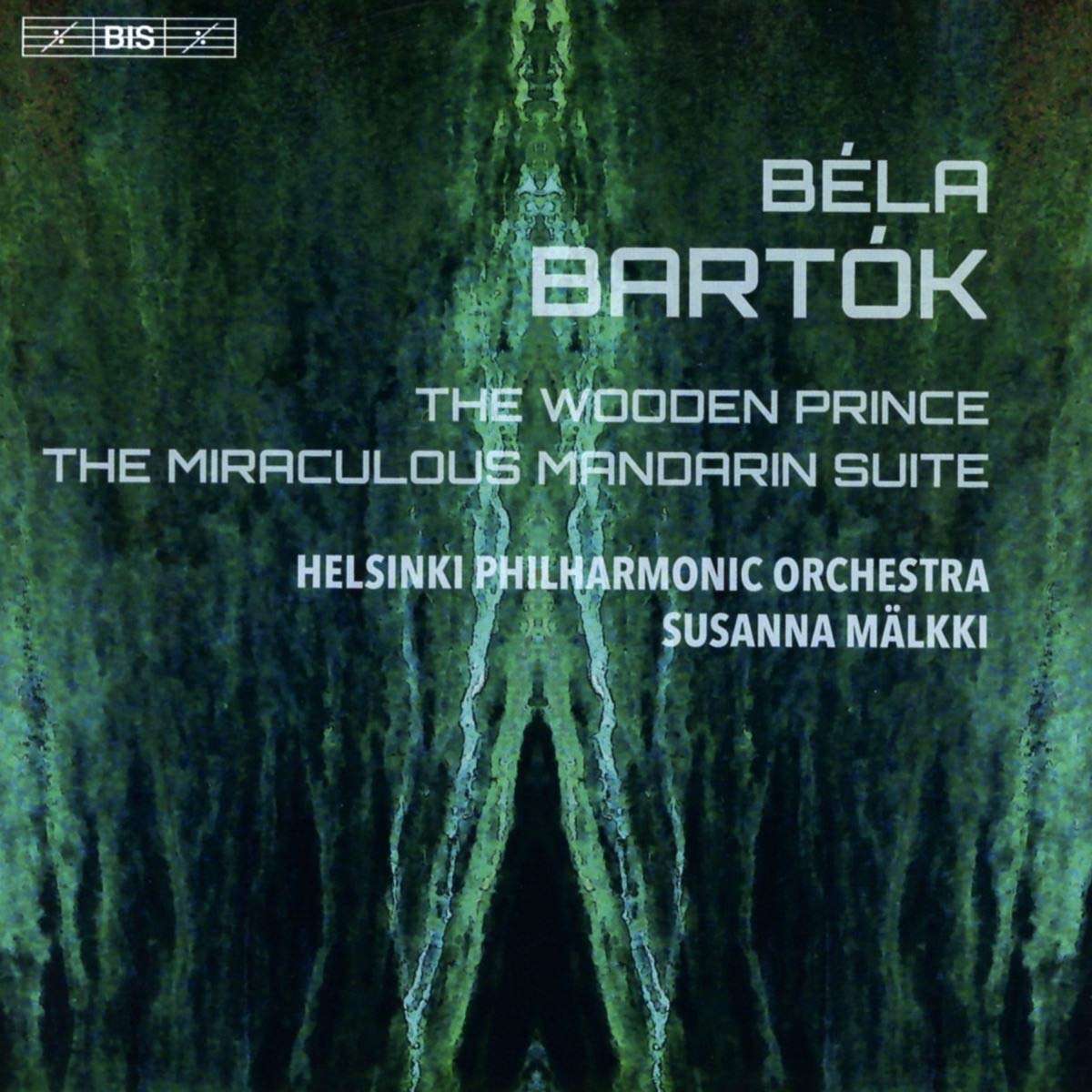 Bartók: The Wooden Prince, Suite from The Miraculous Mandarin Helsinki Philharmonic Orchestra/Susanna Mälkki (BIS)
Bartók: The Wooden Prince, Suite from The Miraculous Mandarin Helsinki Philharmonic Orchestra/Susanna Mälkki (BIS)
Bartók's The Wooden Prince is a one-off in the composer's output, an evocative, expansive ballet score that will surprise anyone who's been intimidated by his more abrasive music. Based on a scenario devised Béla Balácz, with whom Bartók had collaborated on Bluebeard’s Castle, The Wooden Prince is softer-edged, a verdant fairytale following a lovestruck prince’s pursuit of a princess. Frustrated at her disinterest, he creates a puppet substitute which is given life by a mischievous fairy. The score’s first few minutes are dazzling, a folk-tinged retread of Das Rheingold's opening, the ensuing music blending ardent romanticism with the grotesque. There are so many delectable moments, my favourite being the Princess's giddy rushing to meet her wooden suitor, his clumsy, mechanical dancing portrayed to perfection. Love predictably wins out, Bartók's closing pages a glorious depiction of a benign, wooded landscape. Recordings are disappointingly thin on the ground, so it's good to report that Susanna Mälkki’s quick-witted Helsinki Philharmonic performance is outstanding, and sumptuously engineered to boot.
Mälkki's coupling is the suite from The Miraculous Mandarin, played with plenty of ferocity and abandon. I'd forgotten how much of this score sounds like a far darker variant of Bartók's upbeat, contemporaneous Dance Suite: the deafening trombone blasts depicting the Mandarin’s arrival virtually quoted in the shorter work. As with Stravinsky's Rite, the brilliance of the music goes hand in hand with a fairly unpleasant scenario; this music is thrilling even if you're unaware of what it's depicting.
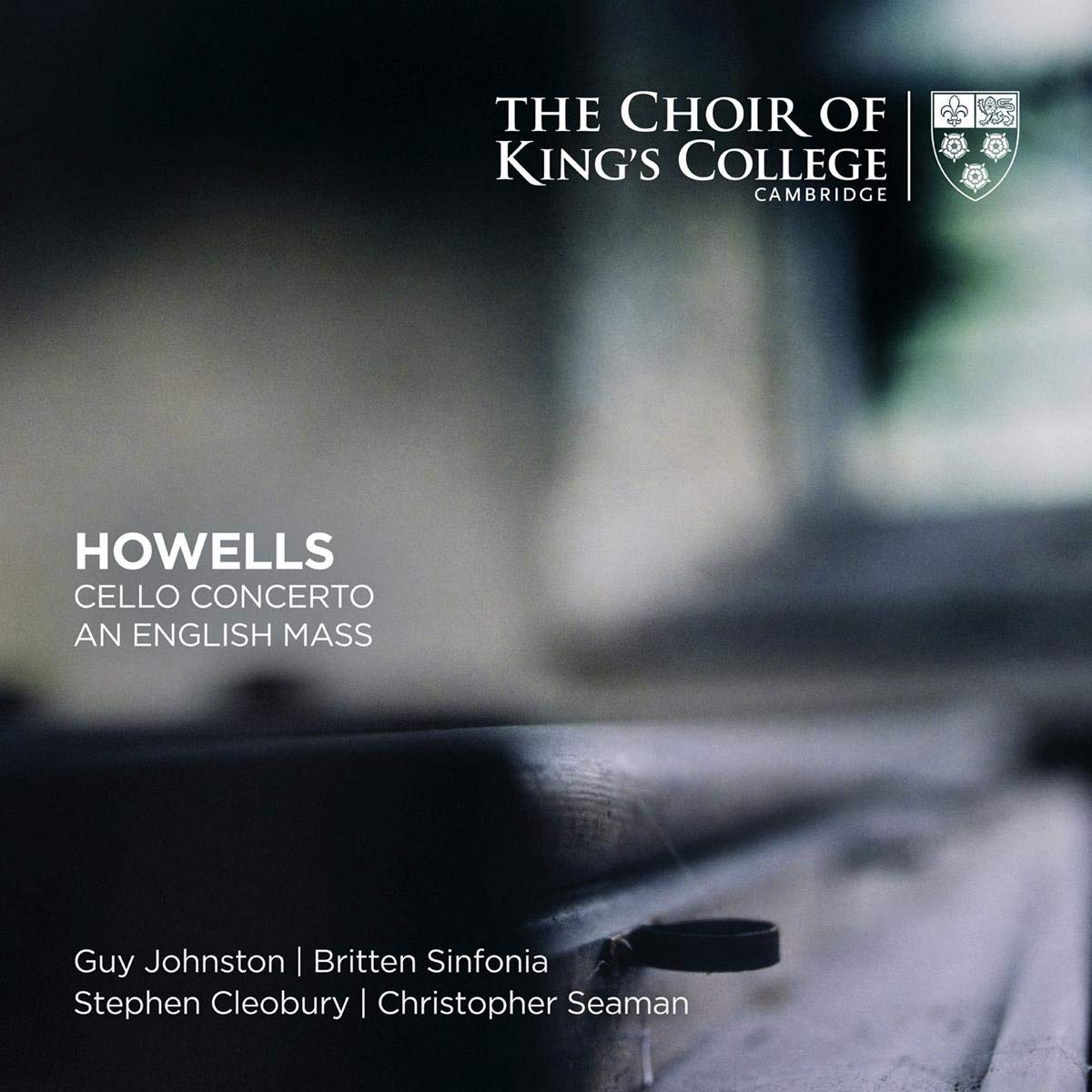 Herbert Howells: Cello Concerto, An English Mass etc Guy Johnston (cello), Britten Sinfonia, Choir of King's College, Cambridge/Stephen Cleobury (King’s College Cambridge)
Herbert Howells: Cello Concerto, An English Mass etc Guy Johnston (cello), Britten Sinfonia, Choir of King's College, Cambridge/Stephen Cleobury (King’s College Cambridge)
Elgar's Cello Concerto gets most of the attention, though I think Walton's is better. Other 20th century British examples of the genre include one by Finzi and this one by Herbert Howells. Composition started in the early 1930s, work on it continuing in the aftermath of the death of Howells’s nine year old son from polio. He referred to the piece as a private ‘medical document’, and while the opening Fantasia was completed, the slow movement was left in short score. Howells was seemingly unable to complete the concerto, leaving just sketches for the finale; letters and diary entries suggest that Howells would return to his notes each year on the anniversary of his son’s death. Christopher Palmer orchestrated the middle movement in 1992, organist and academic Jonathan Clinch completing the finale in 2015. Apologies for the long preamble, but that's why this isn't a well-known work. It should be, Howells’ penchant for long, lyrical lines making for a superbly sustained and expansive opening movement. If Vaughan Williams had written a cello concerto, it might have sounded a little like this. There's an extraordinary, haunting melody in the central Threnody, making the last movement's feisty energy all the more surprising. A real discovery, and wonderfully performed here by Guy Johnston and Christopher Seaman’s Britten Sinfonia.
This double album is effectively a Howells starter pack, the first disc containing three choral works. We get the Te Deum in Howells’ 1977 orchestration and John Rutter’s transcription of the early Magnificat. Far darker is An English Mass: restless, unsettled music which perhaps reflects Howells’ downbeat frame of mind in the 1950s. Beautifully conducted too by Stephen Cleobury, though his assistant Ben Parry leads the Credo, Cleobury undergoing heart surgery at the time. Cleobury also throws in three solo organ pieces, Master Tallis's Testament described by Howells as “a footnote” to a famous Vaughan Williams string work. Superb, then: this is an ideal Howells starter pack, beautifully packaged and produced.
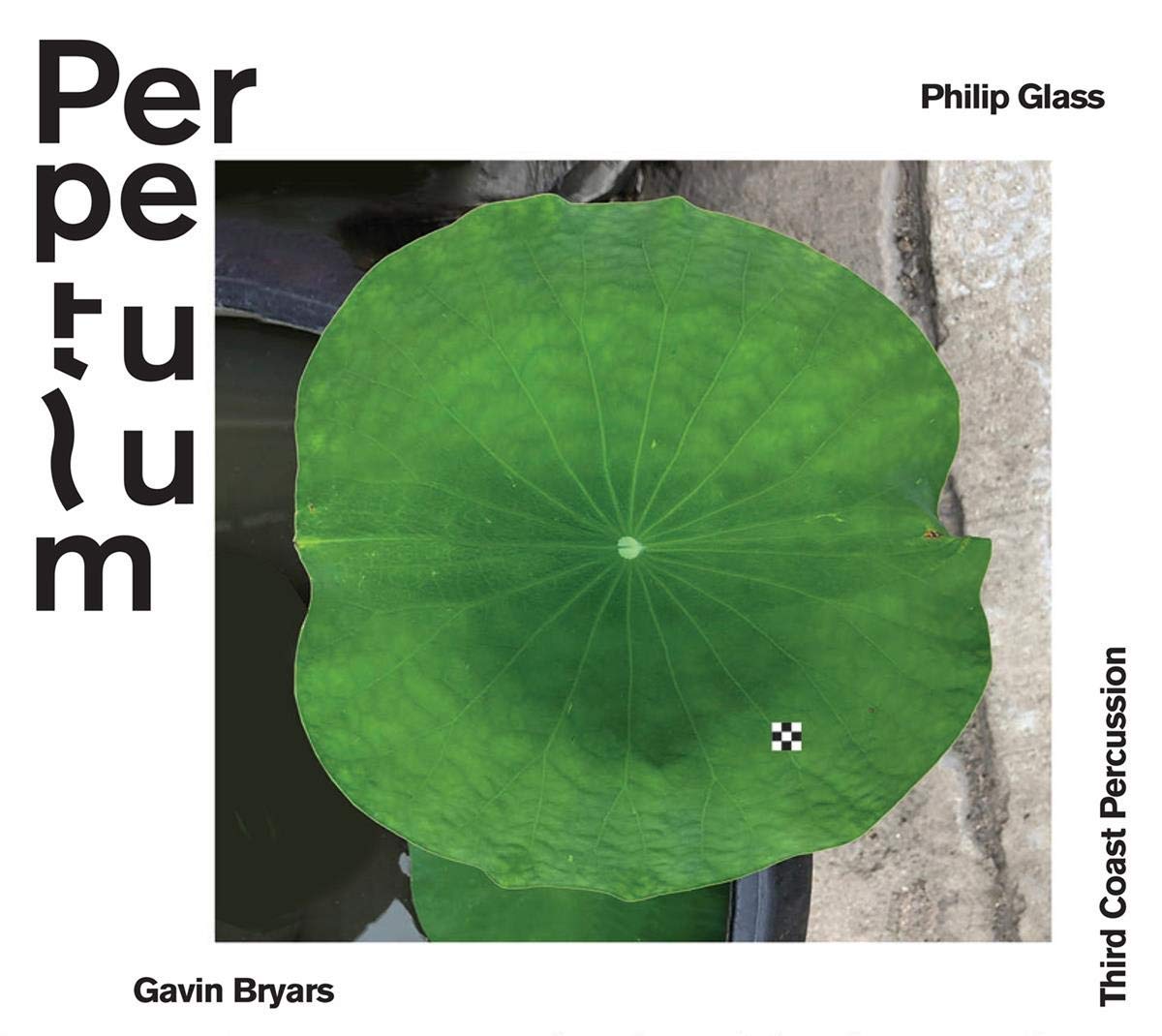 Third Coast Percussion: Perpetulum – music by Philip Glass, Gavin Bryars, Robert Dillon, Peter Martin and David Skidmore (Orange Mountain Music)
Third Coast Percussion: Perpetulum – music by Philip Glass, Gavin Bryars, Robert Dillon, Peter Martin and David Skidmore (Orange Mountain Music)
Think minimalism and you think tuned percussion, though Philip Glass’s Perpetulum is actually his first work specifically written for percussion ensemble. Beginning with several minutes of unpitched shakes and rattles, it's hugely enjoyable, confirming my suspicion that Glass is at his best when writing on a small scale. Who'd have thought that percussion music could be so expressive and emotionally involving, Perpetulum upbeat and menacing by turns. There's a mind-bending cadenza; how can this much noise be generated by just four players? Glass’s chord progressions are naively simple at times, though they've an extra sharpness and oomph when delivered on marimba and xylophone. The work’s soft fade is enchanting, and phenomenally played. Gavin Bryars’ The Other Side of the River is a rhapsodic treat, the occasionally cheesy themes deliciously incongruous played on tuned percussion. This is a beautifully produced and stunningly engineered double album, though disappointingly short on actual information about the pieces played.
Three other pieces are composed by members of Third Coast Percussion. Longest is David Skidmore’s seven-movement Aliens with Extraordinary Abilities. Skidmore makes entertaining use of supplementary electronics, and it's a surprise to hear a drum kit bashing away in the second section. Peter Martin’s Bend features what sounds like bowed percussion, making the instruments breathe. And Robert Dillon’s Ordering-Instincts explores the full gamut of what a percussion ensemble can do, its deep basso rumblings set alongside high taps and scrapes. I've no idea what any of these titles mean, but no matter. Each work is impressive, though the same group’s last album Paddle to the Sea makes for a more involving introduction to these players’ abilities.

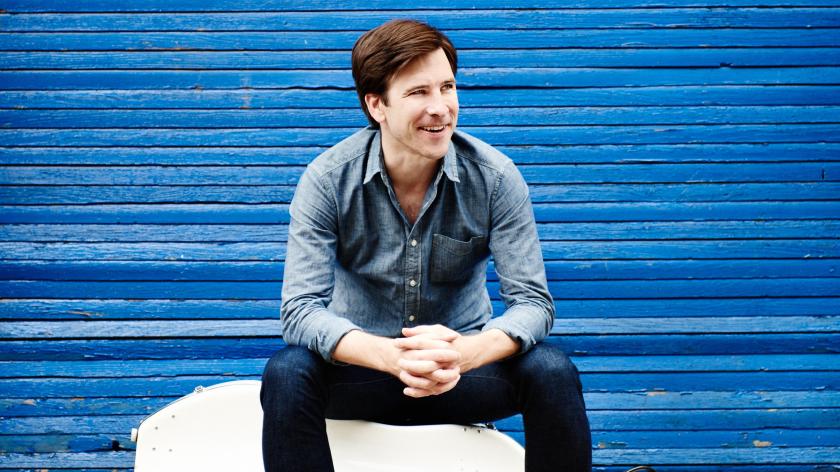










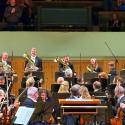

Add comment